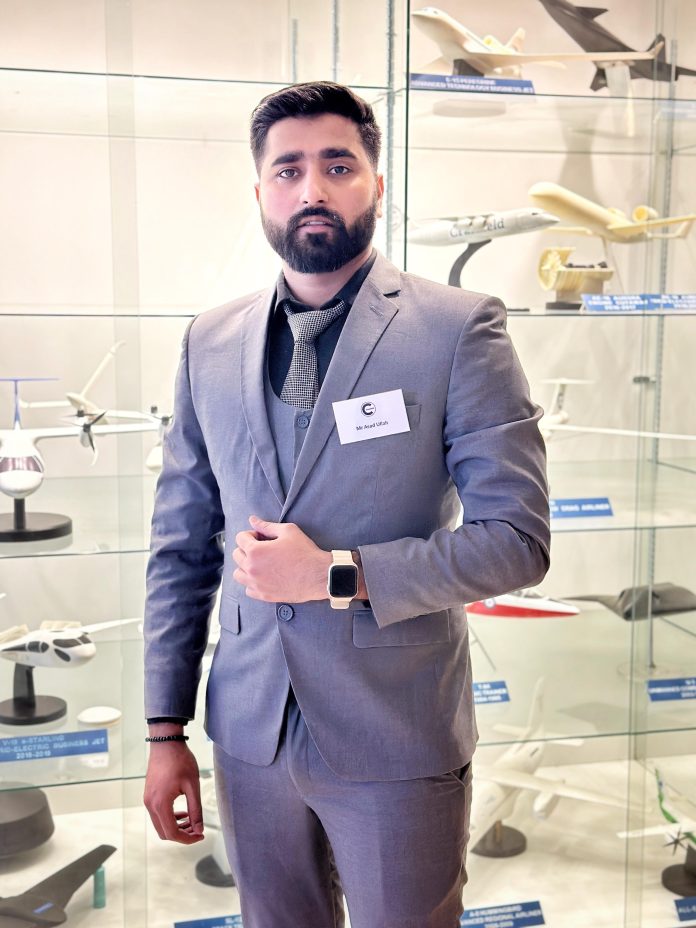Born in Jauharabad, District Khushab, Pakistan, Engr. Asad Ullah is an internationally recognized aerospace and space scientist whose remarkable contributions are helping shape the future of global aerospace innovation. Now based in the United Kingdom, Asad serves as a Senior Aerospace designing / Manufacturing and testing Engineer at Howmet Aerospace , where he works closely with industry leaders such as Rolls-Royce, Airbus, Boeing, and the UK Space Agency.
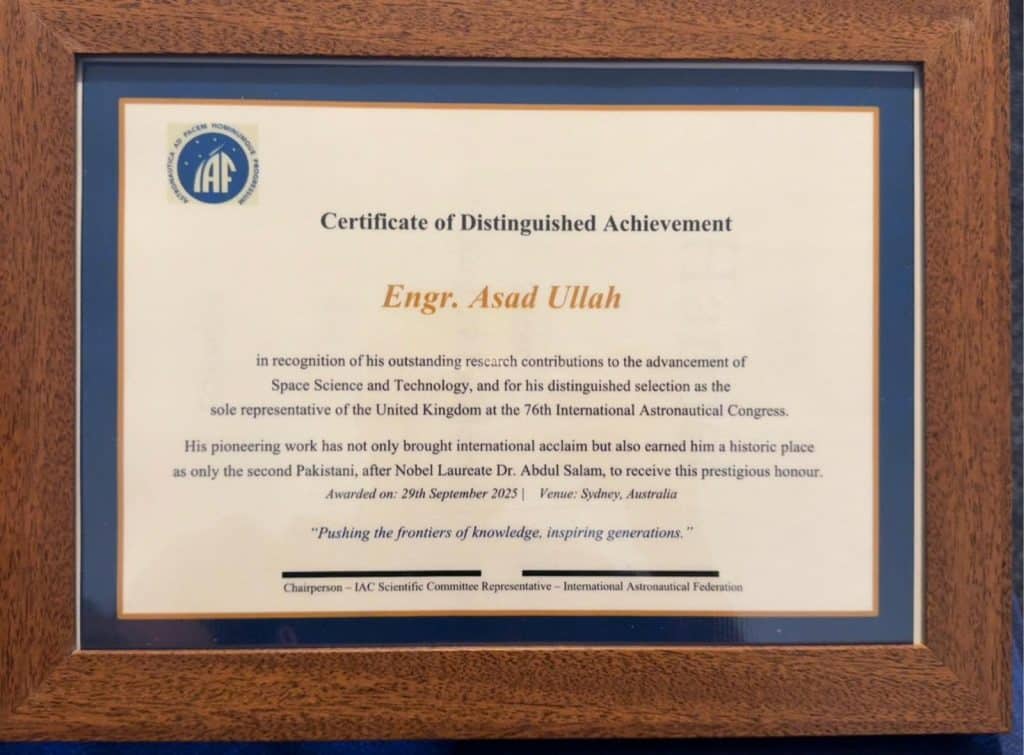
His expertise and contributions in this highly specialized field have earned him immense recognition and respect. Remarkably, Asad has achieved a historic milestone by becoming the first Pakistani and only the fourth South Asian—following three Indian engineer-scientists—to utilize refractory elements such as Titanium, Chromium, Zirconium, and Aluminium in the creation of superalloys for space rocket propulsion systems. These innovative materials play a crucial role in enhancing the performance and efficiency of future space exploration missions.
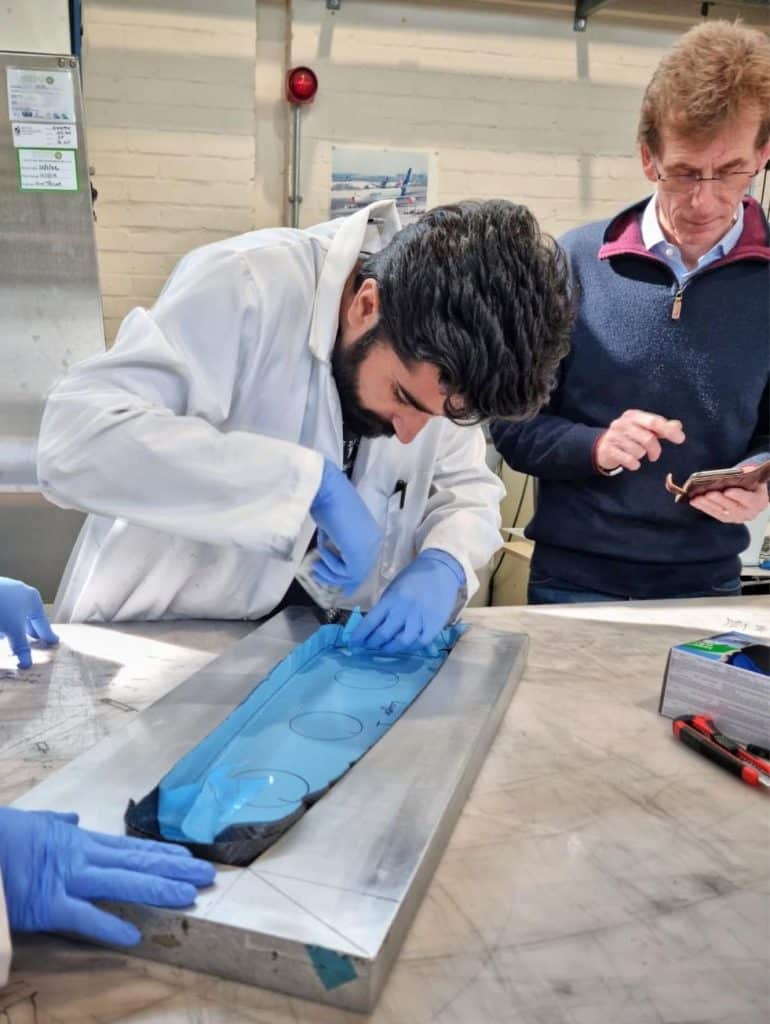
Asad’s pioneering research on Refractory High Entropy Alloys (RHEAs), which explores ultra-high-temperature materials for advanced aerospace propulsion systems, earned him international acclaim at the 76th International Astronautical Congress (IAC 2025) held in Sydney, Australia. At this prestigious global event, he was honoured with the Certificate of Distinguished Achievement by the International Astronautical Federation (IAF), becoming the sole representative of both the United Kingdom and Pakistan, and notably, the second Pakistani after Nobel Laureate Dr. Abdus Salam to receive such recognition for scientific excellence.

Beyond his recognition, Asad continues to collaborate with Rolls-Royce and Airbus on advanced aerospace and space research projects. These include:
• Leading a Collaborative Spacecraft and Space Mission Design Project with Airbus UK, contributing to spacecraft architecture and mission planning.
• Spearheading an Advanced Rocket Propulsion Project with Rolls-Royce, focused on developing high-efficiency propulsion systems for next-generation rockets.
• Pioneering a Future Space Missions Programme with Airbus, exploring the use of refractory alloys in spacecraft material systems.
• Contributing to hydrogen-powered aircraft research at Cranfield University, promoting sustainability in aerospace manufacturing.
Asad’s academic excellence is equally impressive. He holds an MSc in Aerospace Manufacturing Engineering from Cranfield University, where his research focused on the Metal Forming Processes and impact on space rockets and spacecrafts. He also holds advanced certifications and degrees that demonstrate his deep interdisciplinary expertise:
• Accredited Astrophysicist from the University of Edinburgh, specializing in advanced astrophysical concepts and theoretical frameworks.
• Certified Astronomer from the University of Arizona, in Astronomy: Exploring Time and Space, emphasizing celestial observation and cosmological principles.
• Specialization in Astronautics, showcasing mastery in spacecraft design, orbital mechanics, and space mission planning.
• Expertise in Rocket Propulsion Engines, with extensive practical knowledge in propulsion systems vital for space exploration.
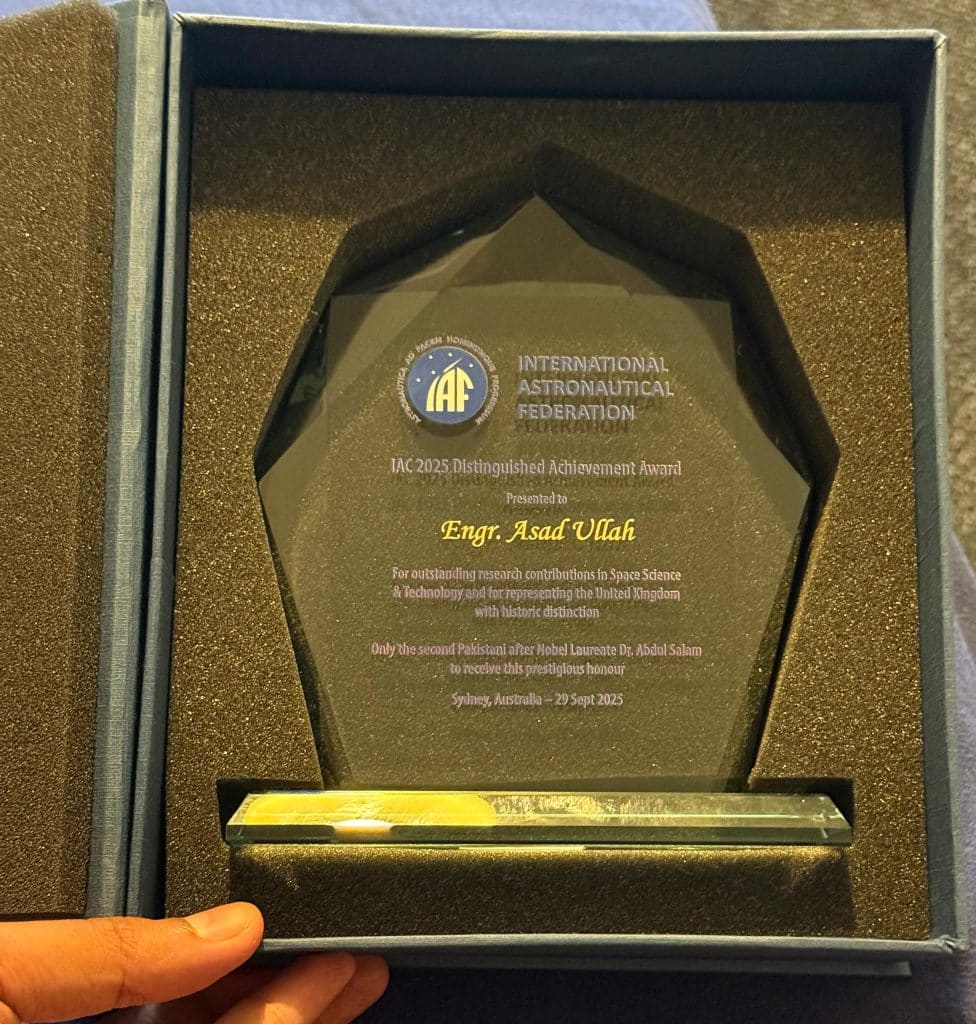
Currently, Asad is pursuing a research-based Master’s in Quantum Physics at the University of Colorado, USA, under a fully funded scholarship, further bridging quantum science with aerospace innovation. His research contributions have been integrated into the curricula of Oxford and Cambridge Universities, where he is occasionally invited as a guest lecturer to inspire future scientists.
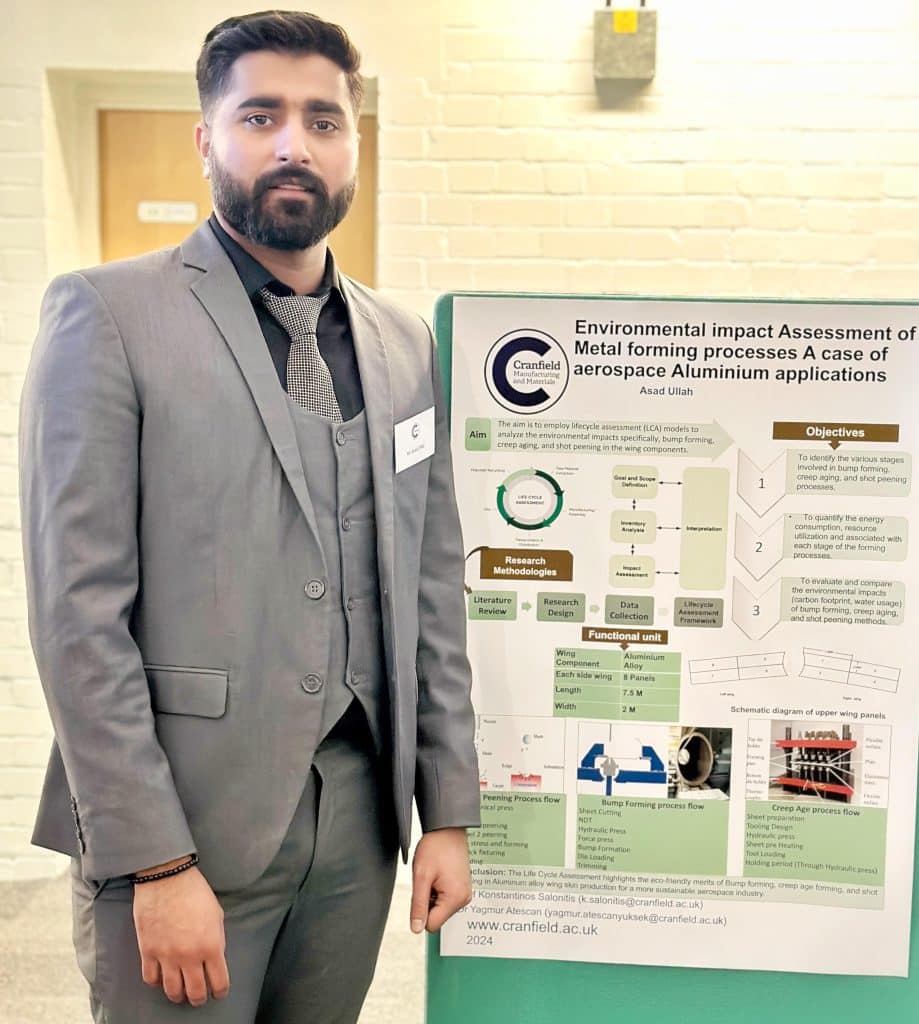
In recognition of his growing influence, Asad’s work continues to push the boundaries of material science, propulsion efficiency, and aerospace sustainability. His leadership in high-profile research with Rolls-Royce and Airbus has made him one of the most promising voices in next-generation aerospace engineering.
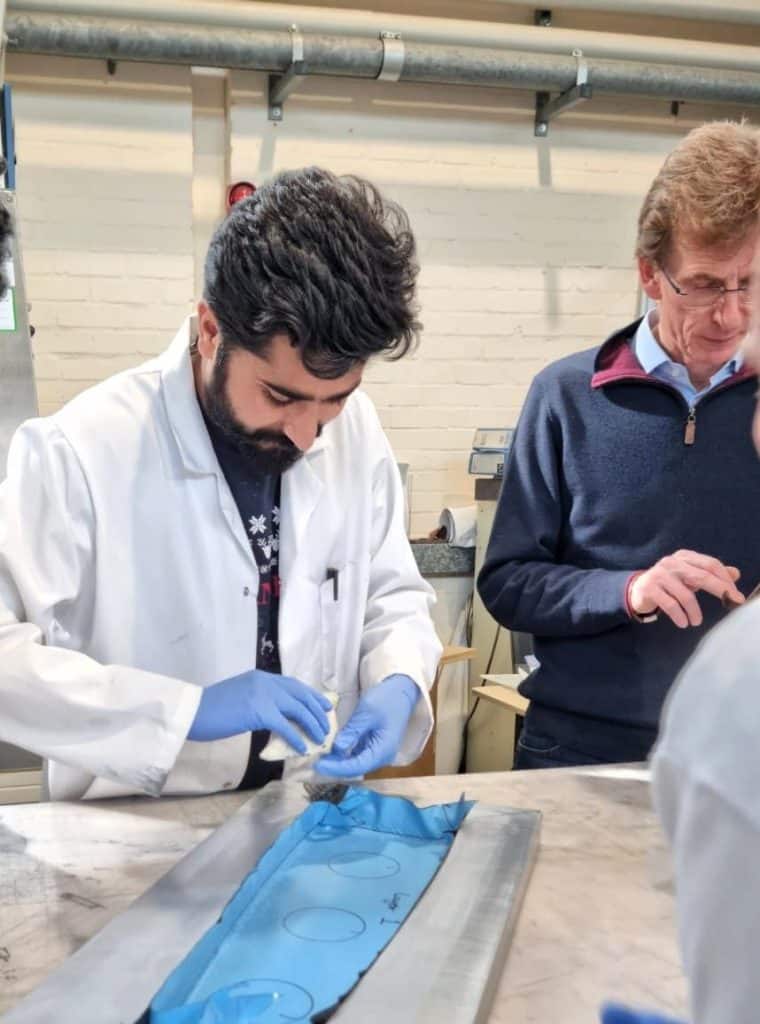
Looking ahead, Asad aims to continue expanding his research collaborations with Rolls-Royce and Airbus to develop next-generation propulsion systems and quantum-integrated aerospace technologies, as part of his vision to make Pakistan a recognized name in global space exploration.


